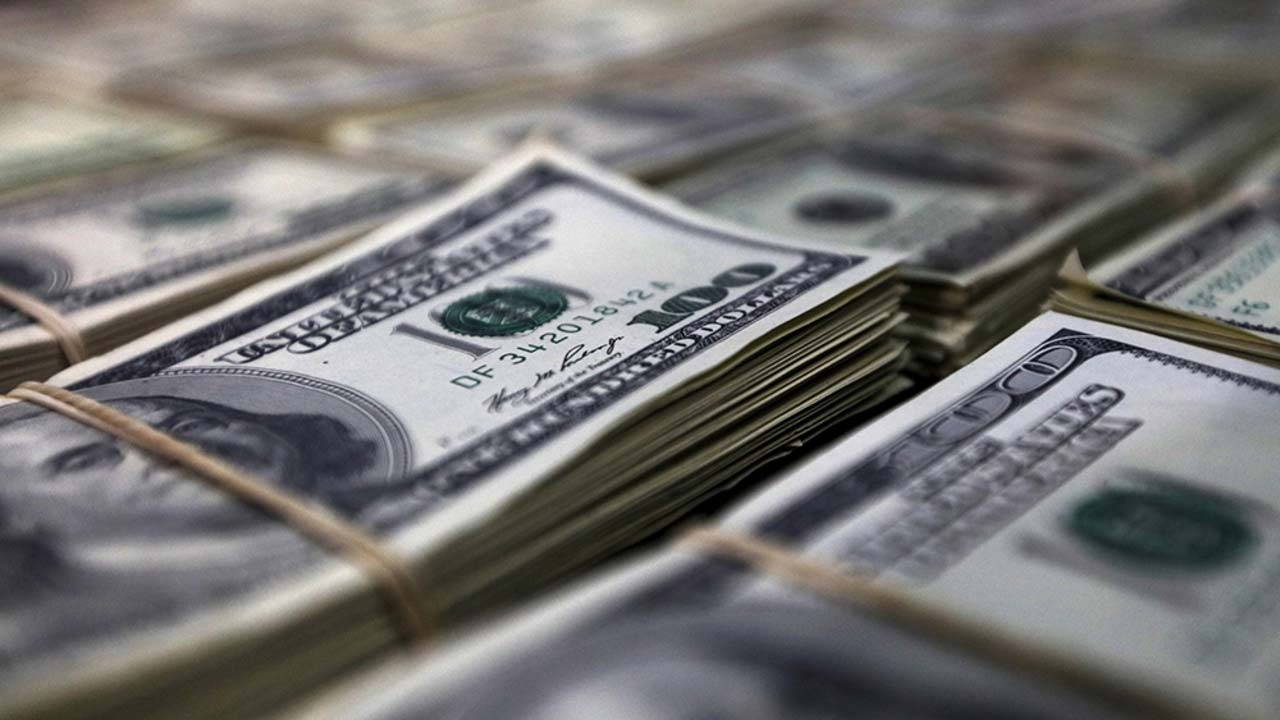
Finance Minister Zainab Ahmed had on Monday, said the government will ask for $3.4bn from the IMF, $2.5bn from the World Bank and another $1bn from the African Development Bank (AfDB), an amount totalling N2.48 trillion (N360/$1).
According to the National Bureau of Statistics (NBS) the nation’s total public debts, consisting of external and domestic debts, stands at N27.4 trillion as at 31st December 2019.
Rating agencies, Fitch, Moody’s and S&P Global had earlier downgraded Nigeria’s ratings, with the latest of them Fitch, downgrading the country’s ratings to sovereign credit rating (long-term, foreign currency) by one notch from B+ to B, and maintained the negative outlook.
According to the agencies, Nigeria faces the crashing oil price and the coronavirus pandemic with limited, and shrinking external buffers.
Fitch’s numbers rest upon average oil prices of US$35/b this year and US$45/b in 2021, and the CBN’s “continued reluctance to adjust the exchange rate”.
According to the members of the Organised Private Sector (OPS), the growing national debt is a cause for concern as the profile has grown from N12.6 trillion in 2015 to N27.4 trillion at the end of 2019.
With oil prices trading below the 2020 budget benchmark, they noted that in the 2020 budget, debt service commitment and recurrent spending were beginning to crowd out capital expenditure, adding that the trajectory was not consistent with the country’s national aspiration to build infrastructure and a competitive economy.
The debt portfolio comprising state and federal debt stocks were N9.02 trillion or 31.55 per cent of the debt was external while N18.37 trillion or 67.07 per cent of the debt was domestic.
Lagos state accounted for 10.82 per cent of the total domestic debt stock, the highest while Yobe State has the least debt stock in this category with a contribution of 0.71 per cent to the total domestic debt stock.
According to the report, Nigeria’s total public debt portfolio as of December 31, 2019, total external debt was N9.02 trillion ($27.67 billion) with a percentage of 32.93.
Break down showed that federal government debt instrument accounted for N7.53 trillion ($23.11 billion) with a percentage of 27.50, states and Federal Capital Territory (FCT) accounted for N1.48 trillion ($12.59 billion) with a percentage of 5.43.
A further breakdown of the NBS report showed that total domestic debt stood at $56.37 billion at N18.37 trillion with a percentage of 67.07.
Federal government domestic debt stood atN14.27 trillion ( $43.78 billion) with a percentage of 52.09, with states and FCT contributing N4.10 trillion ( $12.59 billion) with a percentage of 14.99.
The report showed that the total public debt is the addition of external and domestic debt instruments for the year 2019, which was N27.40 trillion ($84.05 billion).
This accounted for 100 per cent of both domestic and external debt instruments for the entire 2019.



